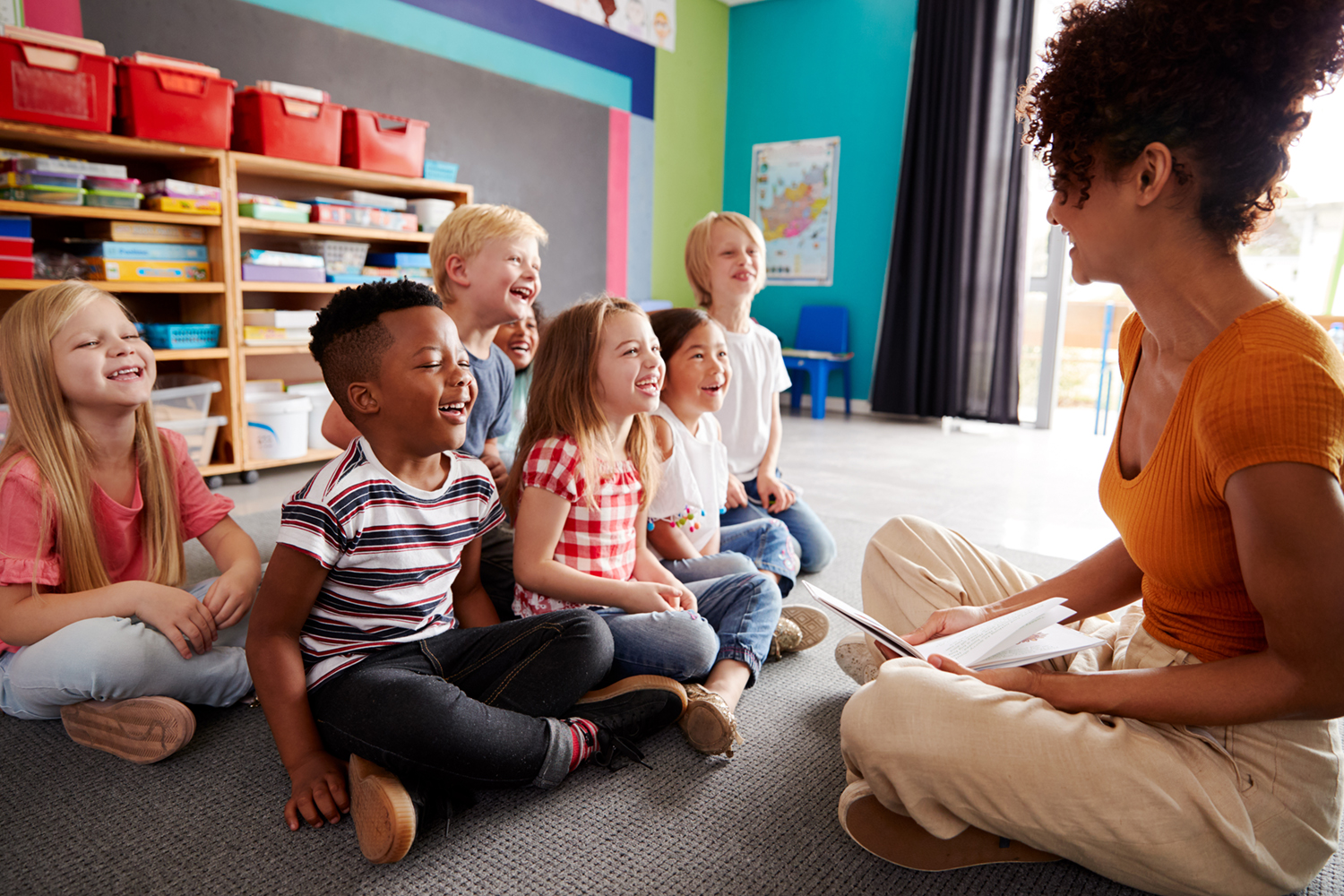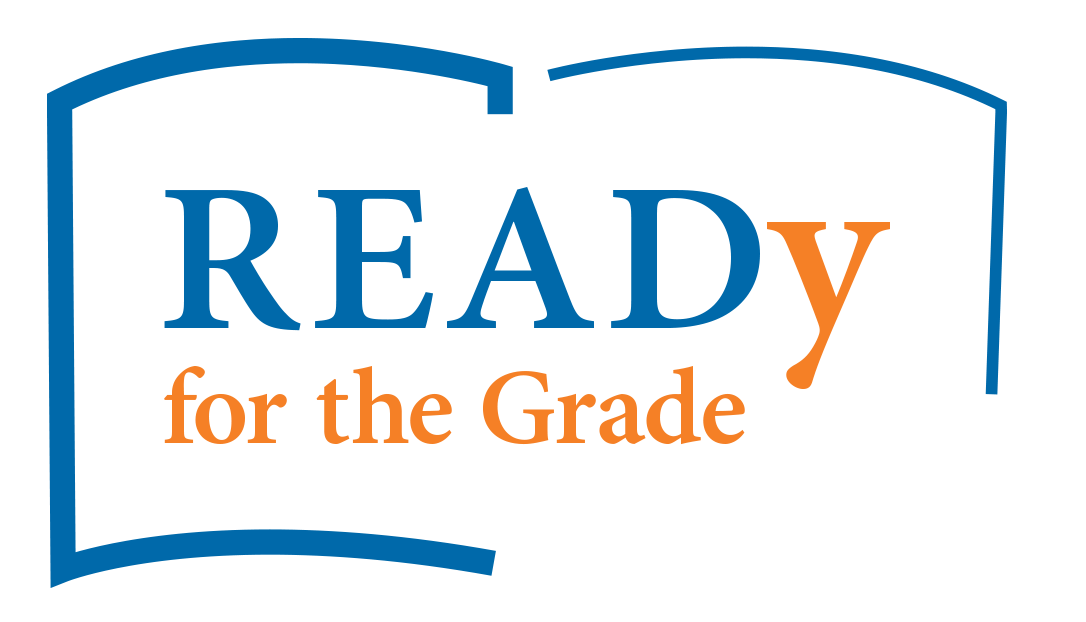What we’ve learned
From staff turnover and unavailable transportation to discovering the most effective ways for sites to customize the program, some of our greatest challenges have served as our greatest teachers.

Enrollment data shows a shift in the population of Connecticut’s children. In 2023, 12% of children enrolled in RfG spoke a primary language other than English at home, including Spanish, Tamil, Gujarati, and Pashto. Plus, several parents required translation to interact with program staff. This data suggests hiring additional specialized instructors, or offering extra or different supports for existing instructors would make READy for the Grade available to more children in need.
We found that strong ties with schools helped children access READy for the Grade

Quality instruction, productive partnerships, staffing stability and family involvement are key to an effective program.

Variations in instructional materials and strategies enable site directors and instructors to teach effectively and tailor the program to the needs of their unique communities.
Pre-pandemic, access proved more challenging than we anticipated and led to inconsistent attendance at some sites. In 2020 and 2021, online programming and regular distribution of learning materials offered families new ways to take part. Some sites carried these adaptive practices into 2022. By 2023, all sites were operating in person again.



Grade-level reading remains challenging for many children whose initial test data and other enrollment information show they are very far behind. Test scores from the end of the summer prove that READy for the Grade’s instruction helps prevent children from falling further behind. Many of our students experience substantial challenges. READy for the Grade must provide continued support for these students’ teachers and families.
When we look at the gains children have made at the end of each summer, the tumultuous years of 2020 and 2021 revealed that the adaptability and perseverance of program staff, combined with some form of community support and family engagement, are perhaps more important than any other factors in determining the success of a READy for the Grade program.
While our ideal is to serve more children, we no longer consider the number of children enrolled to be a success factor. We believe both test scores and the quality of engagement with students and families offer stronger proof of the overarching success of a RfG program.
We continue to learn and evolve together and invite you to join us.

Grade-level reading remains challenging for many children whose initial test data and other enrollment information show they are very far behind. Test scores from the end of the summer prove that READy for the Grade’s instruction helps prevent children from falling further behind. Many of our students experience substantial challenges. READy for the Grade must provide continued support for these students’ teachers and families.

When we look at the gains children have made at the end of each summer, the tumultuous years of 2020 and 2021 revealed that the adaptability and perseverance of program staff, combined with some form of community support and family engagement, are perhaps more important than any other factors in determining the success of a READy for the Grade program.
While our ideal is to serve more children, we no longer consider the number of children enrolled to be a success factor. We believe both test scores and the quality of engagement with students and families offer stronger proof of the overarching success of a RfG program.
We continue to learn and evolve together and invite you to join us.
All Kids Need to Read
READy for the Grade serves a diverse population, with programs in rural, suburban, and urban communities.
The challenges of living and learning with low income vary by setting. Click the site name for details.
Killingly
Manchester
New Haven
Hamden
Rockville
Willimantic
Learn More About READy for the Grade
Thanks to the work of independent evaluator Anita Baker we have been able to understand the impact and document the outcomes of our program.
Questions?
Location: 195 Church Street, 7th Floor
New Haven, Connecticut 06510
Telephone: (203) 859.6600
Email: ljordan@newalliancefoundation.org
Learn About NewAlliance Foundation
